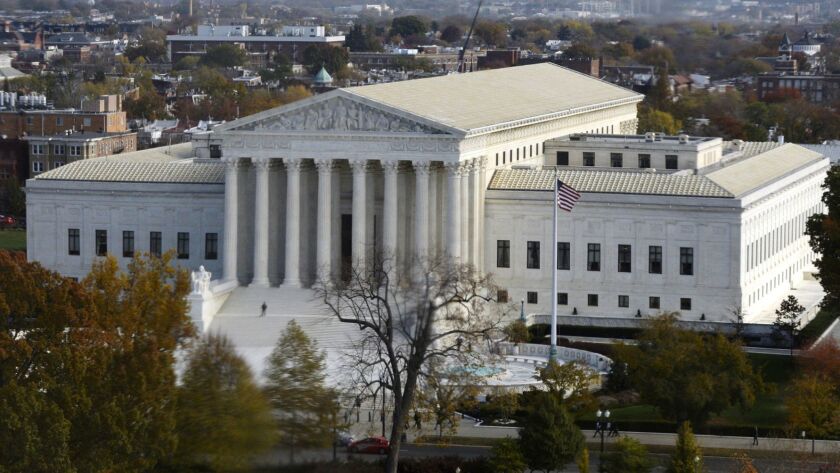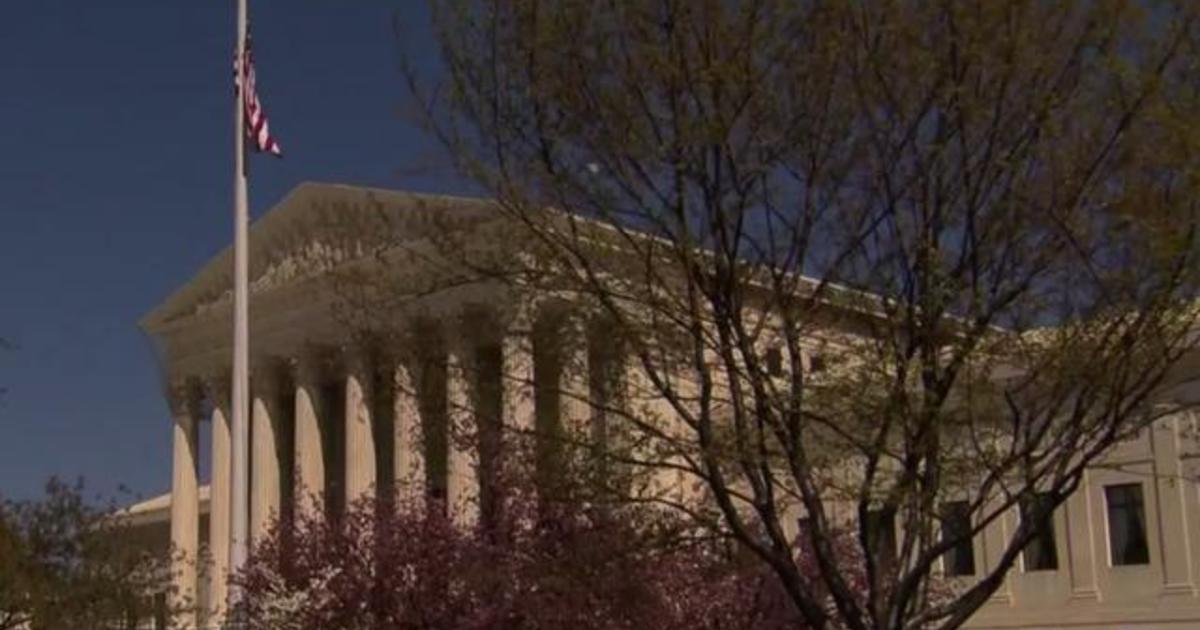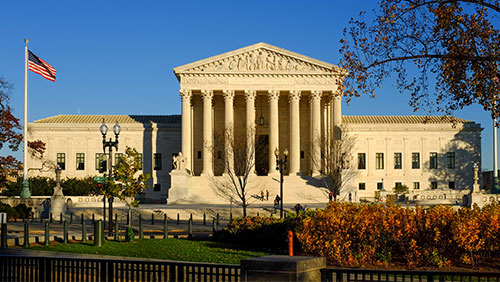Us Supreme Court Gambling Decision
The supreme court on Monday struck down a federal law that bars gambling on football, basketball, baseball and other sports in most states, giving states the go-ahead to legalize betting on sports. Several Supreme Court justices indicated on Monday that they might strike down a federal gambling law. According to ABC News, more than a dozen states support New Jersey’s challenge to a federal law that bans states from allowing gambling on most professional and college sports.
The Supreme Court of the United States has struck down a law prohibiting gambling on sports events with a 6-3 ruling that brings an end to a six-year legal battle over the Professional and Amateur. The US Supreme Court’s new sports-gambling decision is all about states’ rights Reuters?Afolabi Sotunde Betting on athletics is already legal in Nigeria, and may soon come to a US state near you.
The United States Supreme Court on Monday ended a 26-year ban on betting on professional and college sports.
The court’s decision permits state officials to pass laws permitting books to open on sports such as football, basketball, baseball and other games.
In the coming months, those officials will also consider where bets can be placed: casinos, horse racing tracks, betting centers, stadiums, online, or from mobile phones.
Supporters of the decision said legal betting could sharply increase income for states and the gambling industry. And they pointed out illegal sports betting is common. The American Gaming Association reported that Americans already place about $150 billion a year on bets.
Opponents of the decision include major sports groups, such as the National Football League. Those groups said expanding legal gambling on sports could hurt the integrity of the games. In other words, they worry that players or others would try to influence the outcome of the games for financial gain.
The president of an organization that helps people addicted to gambling also expressed concern. Marlene Warner leads the National Council on Problem Gambling. She said the ruling “will likely increase gambling participation and gambling problems unless steps are taken to minimize harm.”
But given Monday’s ruling, both the sports groups and the National Council on Problem Gambling have suggested that some of the income from legal betting go toward supporting their interests.

Three Supreme Court justices also disagreed with the ruling. They said parts of the original law were worth keeping.
But the majority of justices said the issue was not so much sports or betting, but states’ rights. They said states should not be forced to adopt a federal regulation system – an argument that may later be used in cases related to immigration laws and marijuana restrictions.
I’m Kelly Jean Kelly.

The Associated Press reported this story. Kelly Jean Kelly adapted it for VOA Learning English. Hai Do was the editor.
_____________________________________________________________
Words in This Story
stadium – n. a very large usually roofless building that has a large open area surrounded by many rows of seats and that is used for sports events, concerts, etc.

gambling – n. the practice or activity of betting money : the practice of risking money in a game or bet
integrity – n. the quality of being honest and fair
minimize – v. to make something bad or not wanted as small as possible
Related
Us Supreme Court Gambling Decisions
In May of 2018, a landmark decision was reached by the US Supreme Court, which passed a ruling to remove federal restrictions on sports betting that was brought into effect by Congress in 1992. The state of New Jersey led the legal battle for the Professional and Amateur Sports Protection Act (PASPA) to be repealed, paving the way for each individual state throughout the country to implement and control their own legislation to regulate sports betting, as they see fit.
“Congress can regulate sports gambling directly, but if it elects not to do so, each State is free to act on its own,” Justice Samuel A. Alito Jr. wrote for the 6-3 court majority, once the final verdict had been reached and in a statement highlighted by the Washington Post. “Our job is to interpret the law Congress has enacted and decided whether it is consistent with the Constitution. PASPA is not,” he concluded, observing that the law had violated New Jersey’s 10th Amendment rights.
Following the ruling, New Jersey has moved quickly to legalize gambling at racetracks and casinos in the state, with much of the infrastructure and legislation already in place. Meanwhile, other states around the country are expected to quickly follow suit, as the online gambling industry braces itself for a flood of what will now be legal online wagering.
All four of the major US professional sports leagues which control American football, hockey, basketball and baseball – NFL, NHL, NBA and MLB – had strongly opposed PASPA being repealed, claiming that any expansion or change in gambling laws could potentially harm the integrity of their sports. However, some were apparently more open to changes outside the courts, given the potential revenue streams that have benefitted sports such as soccer, particularly in Europe, through lucrative sponsorship and endorsement deals with the online betting industry.
Interestingly, according to a recent report in The Guardian, The American Gaming Association have estimated that around $150 billion each year has been illegally wagered on sports each year, despite PASPA being enforced by Congress since 1992. However, with these numbers set to soar and amidst fears that problem gambling could also spike, most sports betting sites and online casinos already advocate responsible gambling, with guidelines highlighting that bettors should always play for fun rather than to win money.
How quickly each of the different states adapts to the Supreme Court ruling will depend on a number of factors, according to a list published by USA Today. Beyond the preparedness of New Jersey, legal mechanisms are apparently already in place in the West Virginia, Delaware and Mississippi. California, New York, Illinois and Michigan, amongst several others, where sports betting bills are pending.


Us Supreme Court Sports Betting Decision
Elsewhere, legislation needs to be drafted and proposed, while infrastructure also needs to be implemented, although many states are likely to follow the examples and the leads established by their neighbours. As such, fully legalized gambling should be commonplace throughout the USA within the next two to three years, at current estimates.



